Top 7 Sudanese Culture, Customs and Etiquette
Should you remove your shoes when visiting friends? Should you greet those on elevators with a smile? When thinking about the dos and don'ts in your own ... read more...nation, these questions might not seem like the most obvious ones, but things that you might not even consider at home can have a major impact abroad. Here is a list of Sudanese Culture, Customs and Etiquette.
-
Sudan is an Islamic country where Sharia law has been enforced by the government. Although it is illegal to consume alcohol and drugs, many individuals dip a type of snuff, and some people distill moonshine.
Even if they see other tourists who do not respect this tradition, Western women would be advised to follow suit, since Sudanese women often wear highly modest dress and cover their heads. Instead of shorts, men should wear long trousers. When in doubt, be discreet and safe.
Although the Sudanese do not demand that visitors observe Ramadan, a holy month of fasting, it is impolite to consume food, beverages, or tobacco in public. (Many people are excused from Ramadan, such as diabetics and those who travel a particular distance; hence, it is feasible to find open eateries during the day, but they are not well marketed.)
You can rest guaranteed that any foreigner will be treated as a native and treated as such, often receiving a sentence of several months in jail and a whipping with a minimum of forty lashes (it may be more, according to the discretion of the local cleric).
Because of the political upheaval, news may spread slowly and there may be great distances between cities and villages, making it unlikely that your government—if it even knows about it or bothers to intervene—will be able to assist you.
Under no circumstances could Muhammad's likenesses, sculptures, or other likenesses be displayed. When a British teacher in Sudan permitted one of her kids to call a teddy bear "Muhammad," a fiery controversy sprang out, sparking unrest in Sudan.
Although there were no fatalities and the British teacher was safe in her own country, other analogous conflicts like the Muhammad pictures in the Jyllands-Posten and the Pope Benedict XVI have resulted in violence.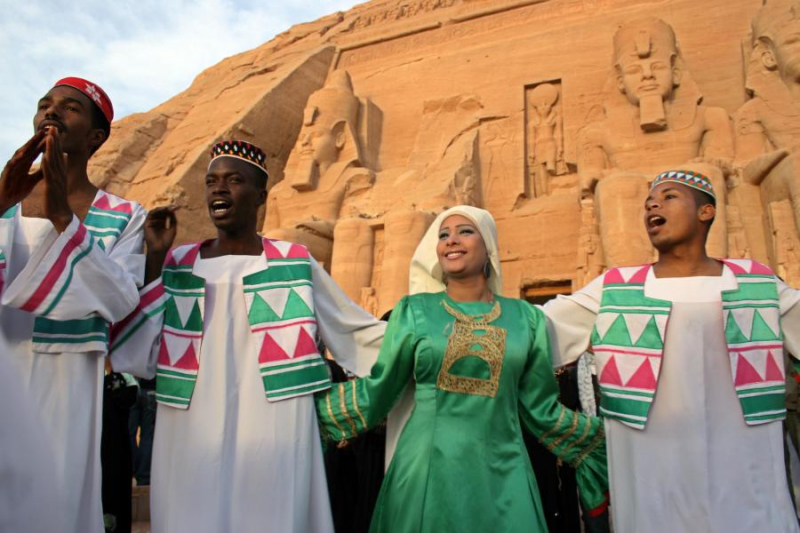
https://www.sudanembassy.org/ 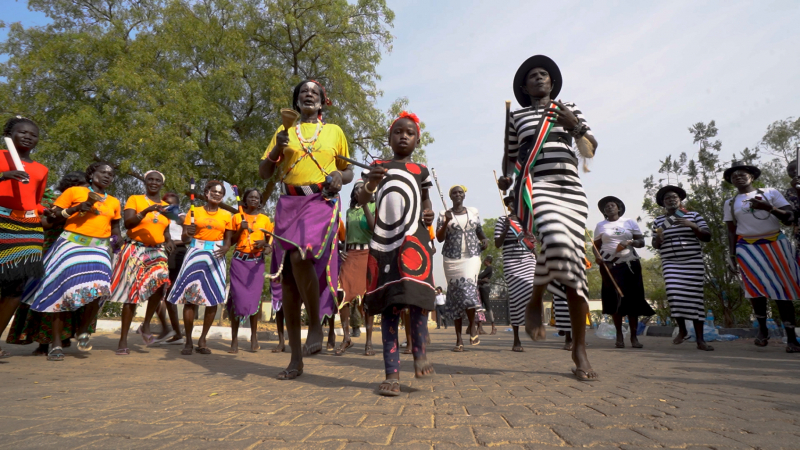
https://stratnewsglobal.com/ -
It is difficult to categorize the traditional cultures of the numerous peoples in Sudan due to its immense cultural diversity. Traditional cultures in the nation exhibit a variety of linguistic, ethnic, social, cultural, and religious traits.
The social bonds, rituals, relationships, and organizational structures of traditional cultures have generally loosened as a result of improved communications, increasing social and economic mobility, and the growth of a money economy, yet a lot from the past has survived intact. Do not let the Sudanese people's difficult past deceive you; they are a very straightforward and organized people who are committed to creating an environment that is favorable to everybody.
Avoid asking direct inquiries about someone's political ideas in a conversation with a Sudanese person unless you know them very well and you feel safe doing so; the consequences could be severe for them. In a nation that has endured the agony of more than 40 years of civil war and where refugees from afflicted areas are dispersed throughout the nation, notably Khartoum, tact is essential.
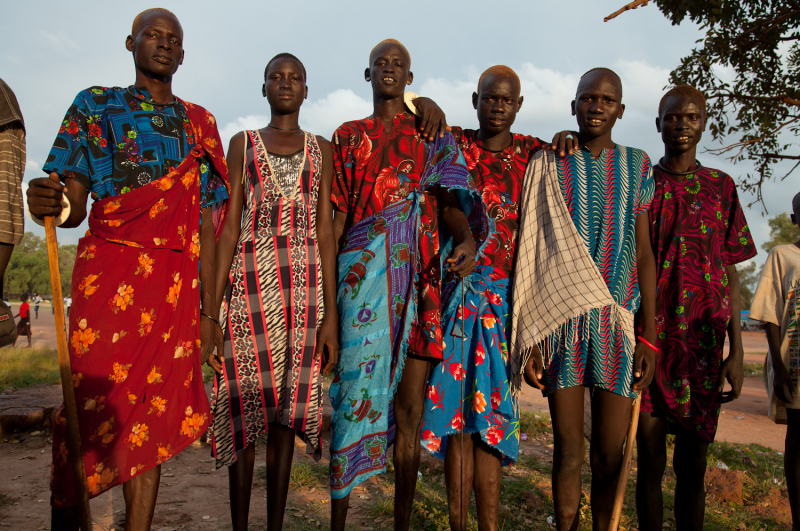
http://blog.oup.com/ 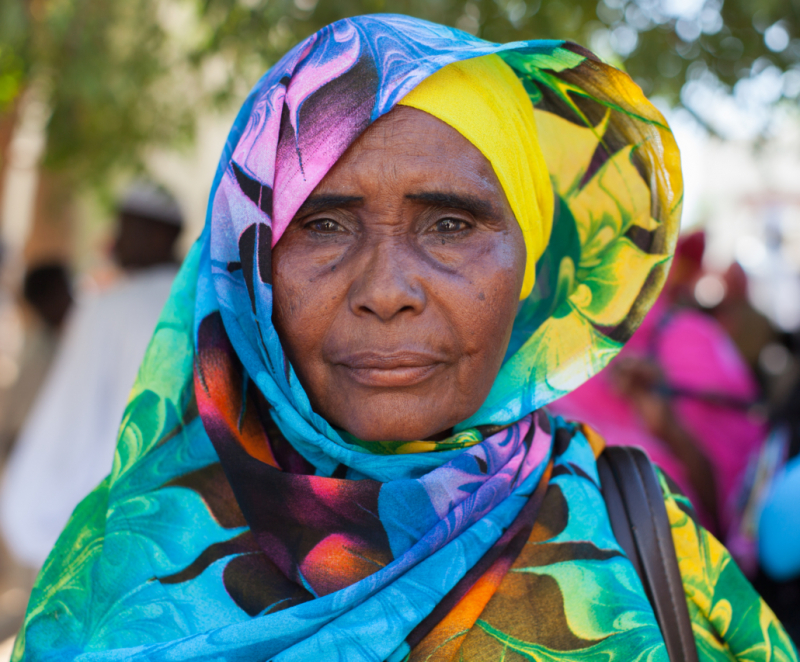
https://yohomedia.com/ -
Traditionally, the couple's parents arrange their children's marriages. Even among Sudanese who are more affluent and educated today, this is still the case. Matches between cousins, second cousins, and other family members are frequently formed; if not, at least matches between people from the same tribe and social status are made.
The talks are handled by the parents, and it's typical for the bride and groom to have never met before the wedding. The average age gap between a husband and wife is considerable. Before he can marry, a guy must be financially independent and able to support a family. He must be able to provide a suitable bride-price, which may include jewelry, clothing, furniture, and animals in some tribes.
Women in the middle class typically get married at age 19 or 20, after they graduate from high school; in poorer households or rural areas, the age is lower. In the past, polygyny was a popular practice. Even while divorce is still stigmatized, it is now more common than it formerly was. When a marriage is dissolved, the bride price is given back to the husband.
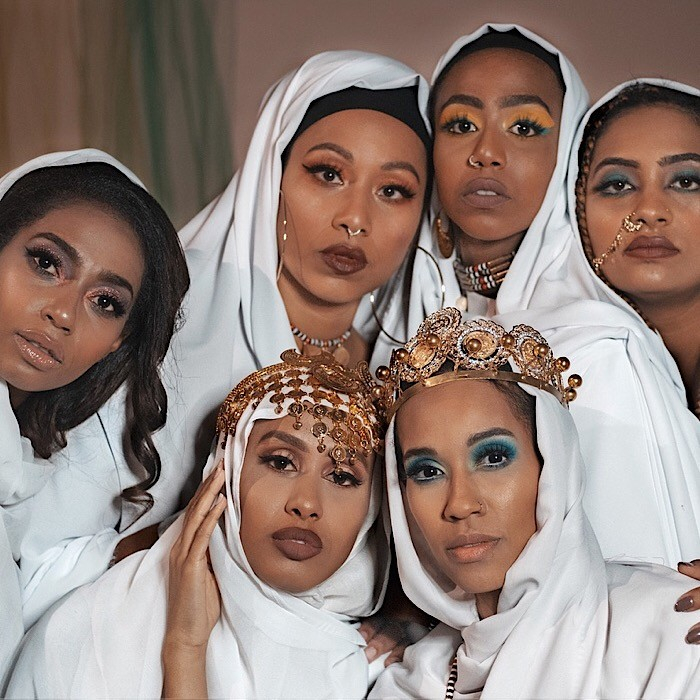
https://www.naturallycurly.com/ 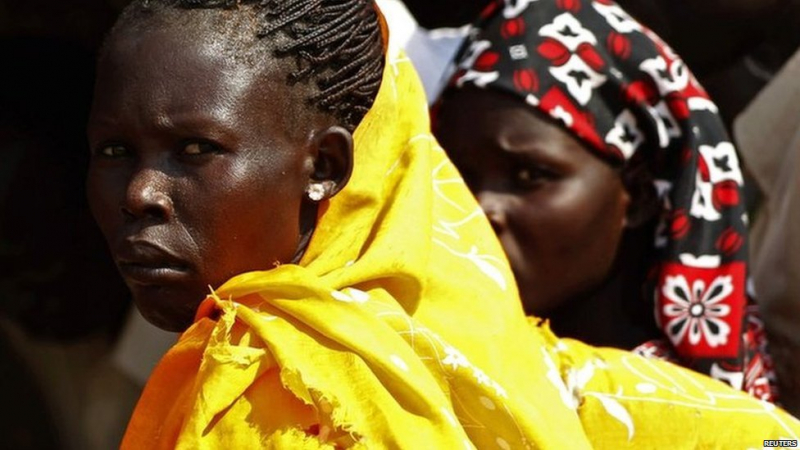
http://do-you-know-about.blogspot.com -
The typical terms used in greetings and farewells all make references to Allah, which are meant both metaphorically and literally. These exchanges have religious connotations. "Insha Allah" (if Allah wills) and "alhamdu lillah" are frequently used ("may Allah be praised").
In many social relationships, food plays a significant role. If not a complete dinner, visits often include tea, coffee, or soda. Instead of using utensils, it is normal to eat from a common serving bowl using the right hand. Around a small table, individuals in Muslim homes sit on pillows. Towels and a pitcher of water are distributed around for hand washing before the meal.
If you want to gesture or make an offer, use your right hand or both hands. It is forbidden to gesture or touch anything here with the left hand, which is utilized for cleaning and hygienic purposes (e.g., food, people,...).
To respect your Sudanese counterparts' modesty, dress in clothing that covers your shoulders and knees. When in public, women in particular are required to act and dress modestly.
If you are a man, publicly flirting with a Sudanese girl or lady is very unacceptable.Being late is usual among friends and does not signify rudeness or disgrace. Sudanese people are renowned for their tremendous patience and casual attitude toward keeping time. Saying "Malesh," which means "Sorry," when anything goes wrong because of one's error is a common response. This expresses contrition while while preserving one's reputation.
Always be mindful not to cross in front of or speak to someone who is praying.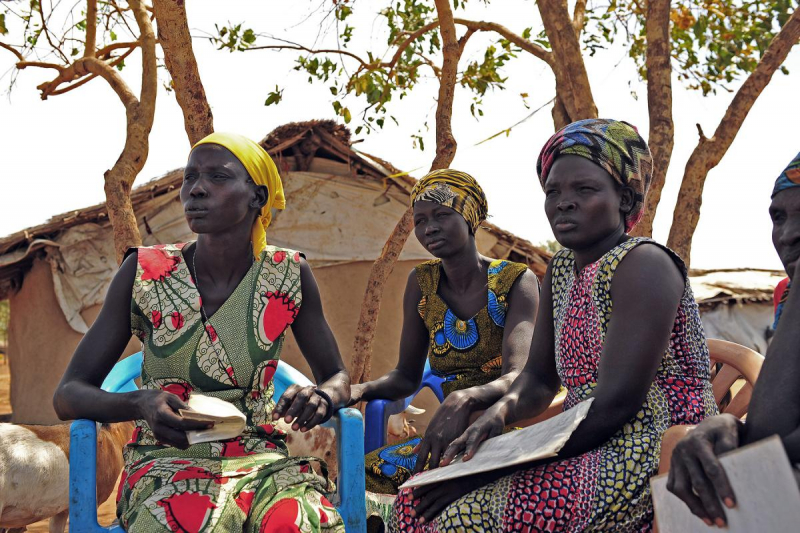
https://www.lutheranworld.org/ 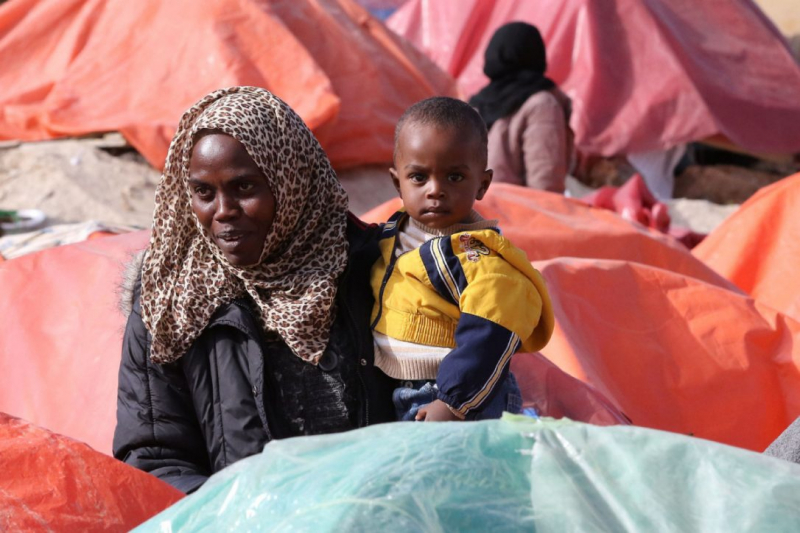
https://www.thestar.com -
Ramadan is the Islamic calendar's most significant observance. The joyful feast of Eid al-Fitr, which takes place after this fasting month, is followed by family gatherings and gift-exchanging. Eid al-Adha honors Muhammad's completion of his Hajj. The arrival of a pilgrim from Mecca and a child's circumcision are two more occasions for rejoicing.
Weddings also feature numerous days of festivities, hundreds of guests, and intricate customs. The henna night, where the groom's hands and feet are coloured, kicks off the celebrations. The bride then gets ready the following day, having all of her body hair removed and getting her own henna decorations. She uses a smoke bath to give her body some fragrance.
The religious ceremony is actually quite informal; in fact, the bride and groom are frequently represented by male relatives who sign the marriage license on their behalf. The holiday celebrations last for several days. The bride and groom's hands are bound together with silk thread on the third morning to symbolize their unity. The harvest celebration, which occurs after the crops are brought in, and the rainmaking ceremony, which encourages a fruitful growing season, are two of the most significant occasions.
The place of worship for Muslims is the mosque. There are washing facilities outside the door because prayer, which shows humility before God, requires cleanliness as a precondition. Before going inside the mosque, shoes must also be taken off. Women are not permitted inside, in accordance with Islamic custom. There isn't an altar inside; there's just a large, carpeted area. There is a little niche carved into the wall pointing in the direction of Mecca since Muslims are expected to pray facing the city.
Cattle sheds are used as shrines and social meeting spots by the Dinka and other Nilotic peoples. Death and life after death. Following a death, there are many days of mourning in the Muslim faith, during which friends, family, and neighbors pay their respects to the family. For several months to a year or more after the death, female relatives of the deceased wear black. Typically, widows don't get remarried, and they frequently live their entire lives in mourning. Muslims do have faith in death and judgment.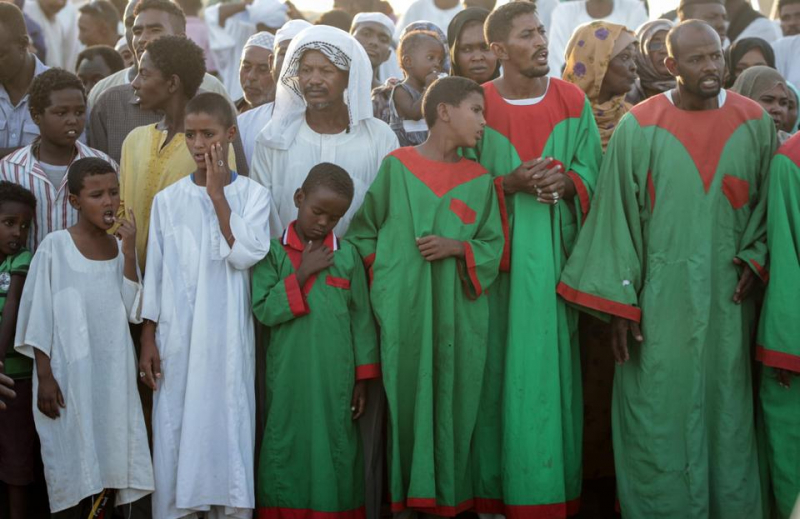
https://www.trtworld.com/ 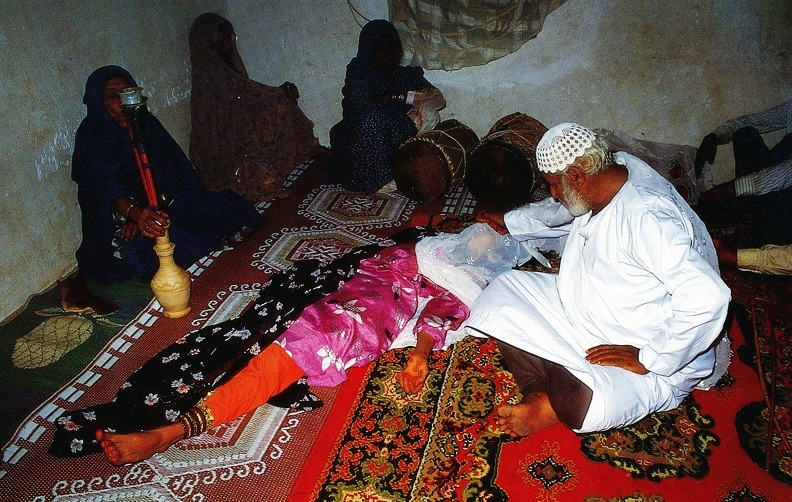
https://sudanandsouthsudan.weebly.com -
In Khartoum, there is a National Theater where plays and other acts are presented. A number of renowned graphic artists have come out of the College of Fine and Applied Arts, which is located in the capital. Native Sudanese literature is primarily oral in nature and consists of many different tales, myths, and proverbs. The Arab north is the origin of the written tradition. The Arab world is familiar with Sudanese writers from this tradition.
The Wedding of Zein and Season of Migration to the North, written by Tayeb Salih, the most well-known author in the nation, have both been translated into English. Sudanese poetry today combines African and Arab elements. Muhammad al-Madhi al-Majdhub is the most well-known exponent of the style.
Silversmithing, ivory carvings, and leatherwork are well-known in Northern Sudan, and Omdurman in particular. Carved wooden sculptures are produced in the south by artists. The majority of the artwork, including tools like swords and spears, may be found in the deserts in the country's east and west.
The most widely used media among modern artists are photography, calligraphy, and printmaking. One of Sudan's most well-known artists, Ibrahim as-Salahi, has achieved success in all three genres.
Sudanese culture is heavily reliant on music and dance, which are used for both secular and sacred purposes. The music of the north exhibits a significant Arabic influence and frequently include theatrical recitations of Qur'anic passages. The indigenous music of the south strongly incorporates complicated rhythms and drums.
The zar, an exclusively female ritual that can last up to seven days and is designed to rid a lady of spirit possession, is one rite in which music has a significant role. The possessed woman dances while using a prop as an object connected to her specific spirit to the sounds of drums and rattles played by a group of female musicians.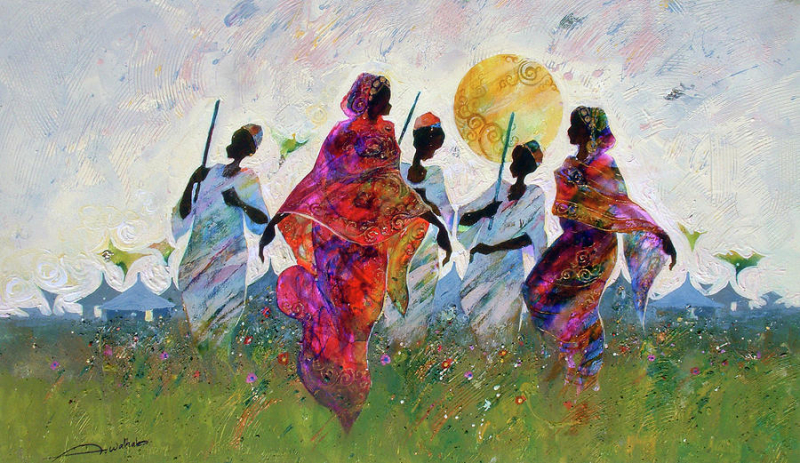
https://fineartamerica.com 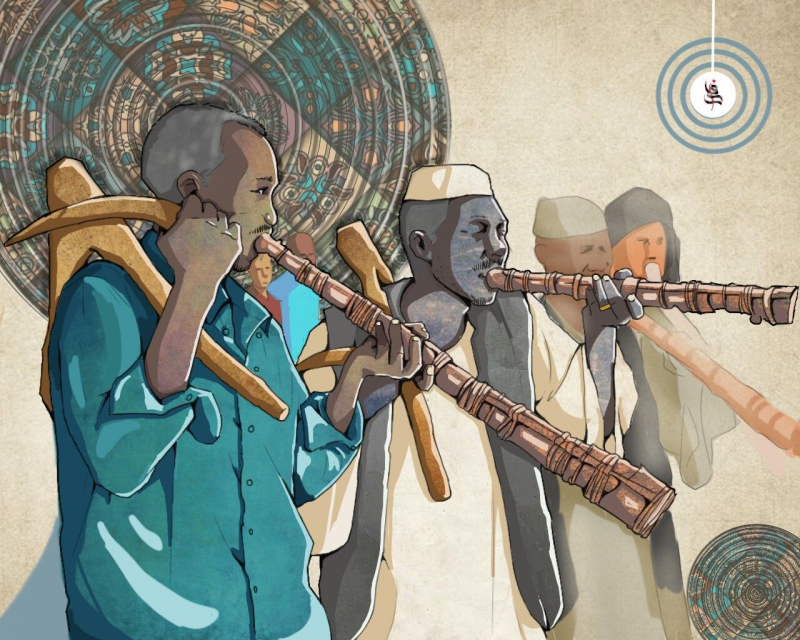
https://www.pinterest.com/ -
In Sudan, as in all Muslim societies, hospitality is a quality that is almost mandatory. There is a considerable likelihood that a foreign visitor will be welcomed into a Sudanese home. Most meetings with a Sudanese start with the salutation As-Salaam Aleikum and a handshake. It is courteous to use a title, such as the generally respectable uztaz (for males) or uztaza (for women), followed by the first name when you first meet someone.
After that, you learn to avoid getting too personal when meeting someone new and learn what conversational themes are appropriate. Keep some physical distance, perhaps a meter, if the person you are speaking with is of the opposite sex. Foreign visitors shouldn't show their emotions in front of others, and it's best to look away and avoid making direct eye contact when confronted with uncomfortable or embarrassing circumstances.
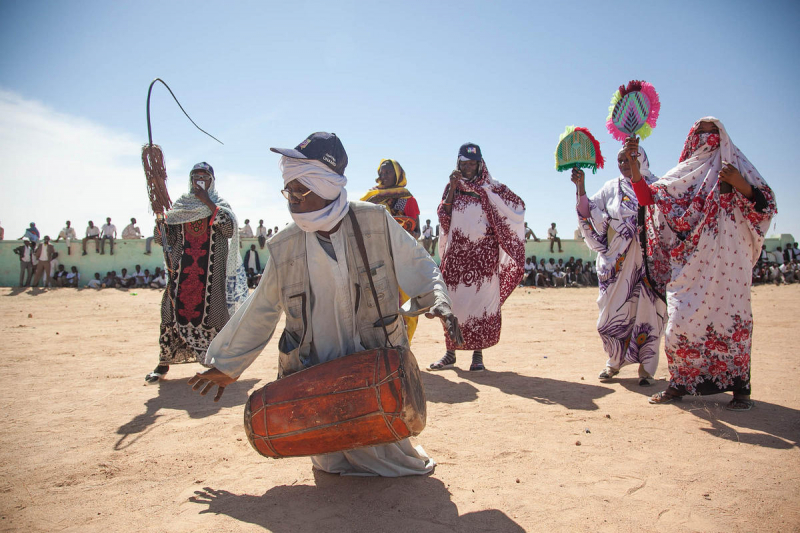
http://www.iexplore.com 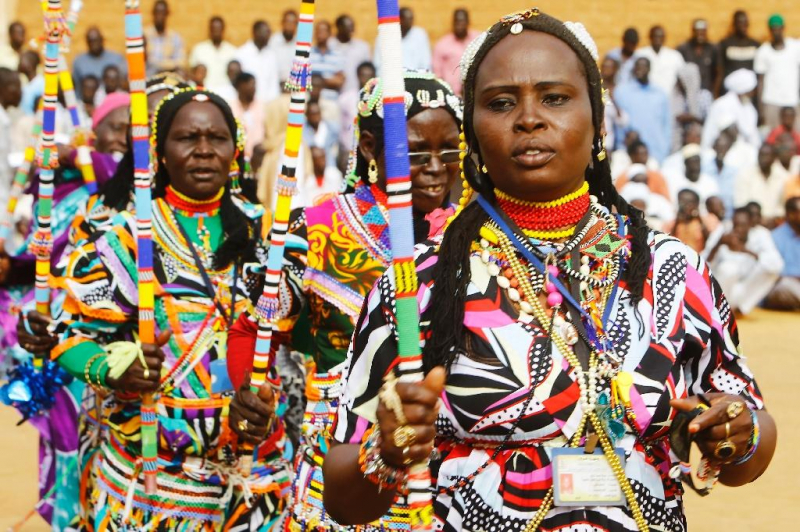
http://news.yahoo.com




























